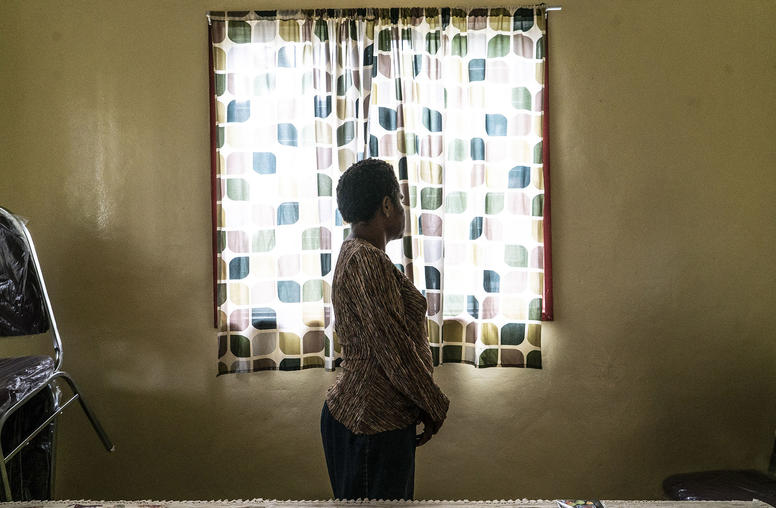A Conversation with His Holiness the Dalai Lama and Youth Leaders on Compassion, Education and Equality
For four years, His Holiness the Dalai Lama has met with youth leaders from conflict-affected regions for an intergenerational exchange at his compound in Dharamsala, India through the Generation Change Fellows Program at the United States Institute of Peace (USIP). This year, USIP Generation Change Fellows will participate in a virtual exchange with His Holiness. These youth leaders will share their experiences and perspectives on building peace in their communities, and they will pose questions that invite His Holiness to share his on compassion and resilience.
On October 13, His Holiness the Dalai Lama, USIP President and CEO Lise Grande, and USIP Generation Change Fellows convened for two days of conversation focusing on gender equality and education for the heart and mind.
Take part in the conversation on Twitter with #DalaiLamaUSIP.
Session 1: Gender Equality
October 13, 11:30pm-12:30am EDT
- Lise Grande, welcoming remarks
President and CEO, U.S. Institute of Peace - His Holiness the 14th Dalai Lama
Sharing of Stories and Q&A with USIP Generation Change Fellows
- Lise Grande, moderator
- Nyachangkuoth Rambang Tai
USIP Generation Change Fellow, South Sudan - Ashar Omer
USIP Generation Change Fellow, Afghanistan - Mithila Hore
USIP Generation Change Fellow, Bangladesh - Muqimi Muborak
USIP Generation Change Fellow, Tajikistan
Discussion on Impact
- Gharsanay Amin
USIP Generation Change Fellow, Afghanistan
Closing Remarks
- Lise Grande
Session 2: Education for the Heart and Mind
October 14, 11:30pm-12:30am EDT
- Lise Grande, welcoming remarks
President and CEO, U.S. Institute of Peace - His Holiness the 14th Dalai Lama
Sharing of Stories and Q&A with USIP Generation Change Fellows
- Lise Grande, moderator
- Sophia Santi
USIP Generation Change Fellow, Venezuela - Tania Rosas
USIP Generation Change Fellow, Colombia - Nicholas Songora
USIP Generation Change Fellow, Kenya - Faten Khalfallah
USIP Generation Change Fellow, Tunisia
Discussion on Impact
- Soukaina Hamia
USIP Generation Change Fellow, Morocco
Closing Remarks
- Lise Grande
Please note this session will be broadcast live on October 14 at 11:30pm EDT; local Dharamshala time on October 15 at 9:00am (GMT+5:30).



